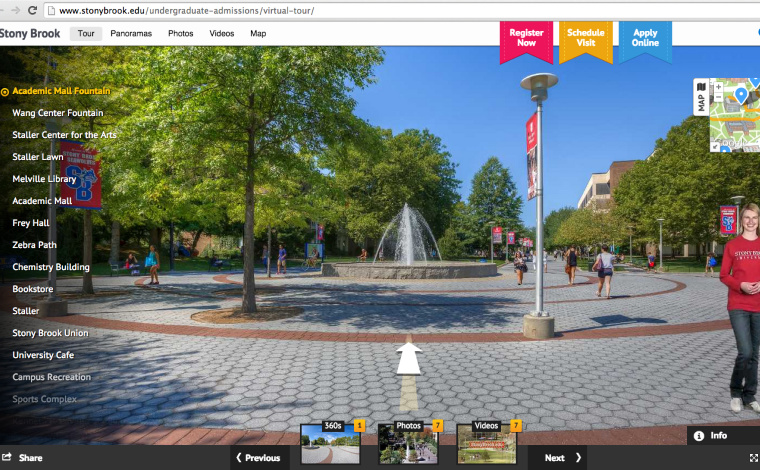By Will Specht II
College – the next step. Between taking standardized tests, applying, and finally deciding where you want to go, this process students commit to every year is undoubtedly long and complicated. However, COVID-19 has drastically changed this process. Applicants, accepted students, and current college students alike have all had to face the unknown as colleges scrambled to cope with the new global reality. Across the country, colleges have had to turn virtual for all students, both prospective and enrolled. Most colleges have closed to students and have also closed tours for potential applicants. At the same time, the SAT and SAT subject tests have been postponed, while AP tests are now online. With these massive changes, colleges have chosen how to handle these new circumstances while some prepare for another semester online.
One of the biggest changes that colleges have had to handle is postponing and cancelling standardized tests. The SAT testing dates in March, May, and June have all been cancelled and new testing dates have been announced monthly after they begin again. However, many students signed up for RL programs in preparation for these original SAT dates, and were disappointed as their studying plans were changed. Moreover, many were worried about students’ ability to take or retake the SAT, with the College Board’s response being to host these tests virtually if the lockdown continues into late summer or the fall. As a result of these changes, most colleges have become test optional schools. Over the past few years many schools had decided to become test optional, and this crisis has pushed many more to follow their lead. One big contrast among the responses of different colleges has been their attitude toward the SAT and ACT. Some have decided to be test optional just for the next year, while others are using this time to test if these standardized tests truly are the predictive markers that they claim to be. Additionally, AP tests have not been cancelled, but instead have been moved online and are only 45 minutes instead of the usual two to three hour exams. As with the SAT, colleges must decide for themselves the significance of this change in format.
One of the biggest changes that colleges have had to handle is postponing and cancelling standardized tests. The SAT testing dates in March, May, and June have all been cancelled and new testing dates have been announced monthly after they begin again.
On the other side of the process, students have to decide where to apply to and even where to go without in-person visits or other events that colleges were previously able to host. As a result, colleges have been ramping up their virtual presence. A large number of colleges now offer virtual tours and virtual information sessions to connect with students. Additionally, in an effort to keep students informed (and interested in their school), colleges have across the board been increasing their communication, primarily through emails and updates.

Finally, many colleges have been creating potential plans for an online first semester. They would like to return in person but cannot make any guarantees, in part due to their lack of plans for the current situation and also because they don’t have total control over whether or not they will reopen. This possibility also worries many parents and college students, as they are often unwilling to pay full-price tuition for online school, turning towards a gap year as a potential alternative. However, colleges are pushing back against this, attempting to convince students otherwise. In short, colleges are looking to be flexible, by taking different approaches to addressing these unfamiliar and uncertain times.
![]()
